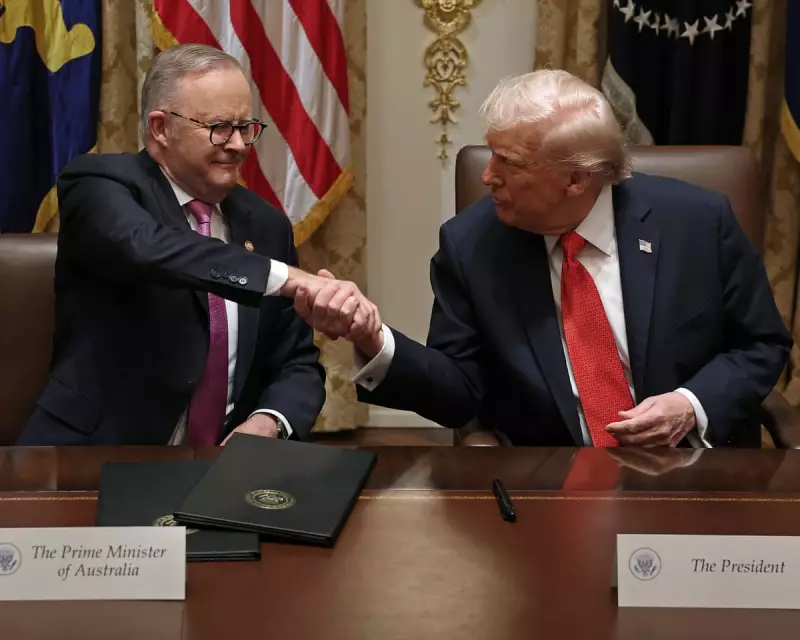
In a strategic move that could redefine global resource politics, Australia and the United States have cemented a groundbreaking agreement on critical minerals and rare earths. This partnership represents a direct challenge to China's overwhelming dominance in these essential materials that power everything from smartphones to military hardware.
Why This Deal Matters Now
The timing of this agreement is particularly significant as Western nations grow increasingly concerned about their dependence on Chinese supply chains. With China currently controlling approximately 60-70% of global rare earths production and up to 90% of processing capacity, this Australia-US partnership aims to create a viable alternative for democratic nations.
What's Included in the Agreement
- Joint investment in mining and processing facilities
- Streamlined regulations for cross-border projects
- Research collaboration on extraction and recycling technologies
- Supply chain security measures for defence and technology sectors
The Geopolitical Implications
This partnership extends far beyond simple trade arrangements. It represents a coordinated effort to build what officials are calling "friend-shored" supply chains - networks that rely on politically aligned nations rather than potential adversaries. The deal comes amid growing tensions between Western powers and China over trade practices and strategic influence.
"This isn't just about economics; it's about ensuring that the technologies of the future - from electric vehicles to advanced weapons systems - aren't dependent on a single source that could become politically unreliable," explained a senior trade analyst familiar with the negotiations.
Australia's Strategic Advantage
Australia brings significant assets to this partnership, possessing some of the world's largest reserves of critical minerals including lithium, cobalt, and rare earth elements. The country has been actively seeking to move up the value chain from simply exporting raw materials to developing advanced processing capabilities.
What This Means for Green Technology
The agreement has major implications for the global transition to renewable energy and electric transportation. Critical minerals are essential components in batteries, wind turbines, and solar panels. By securing stable supplies outside Chinese control, the Australia-US partnership could accelerate the adoption of green technologies in Western markets.
Industry experts suggest this deal could trigger similar agreements between other democratic nations, potentially creating a parallel supply chain ecosystem that operates independently of Chinese influence. The success of this partnership will be closely watched by European and Asian allies considering similar arrangements.





